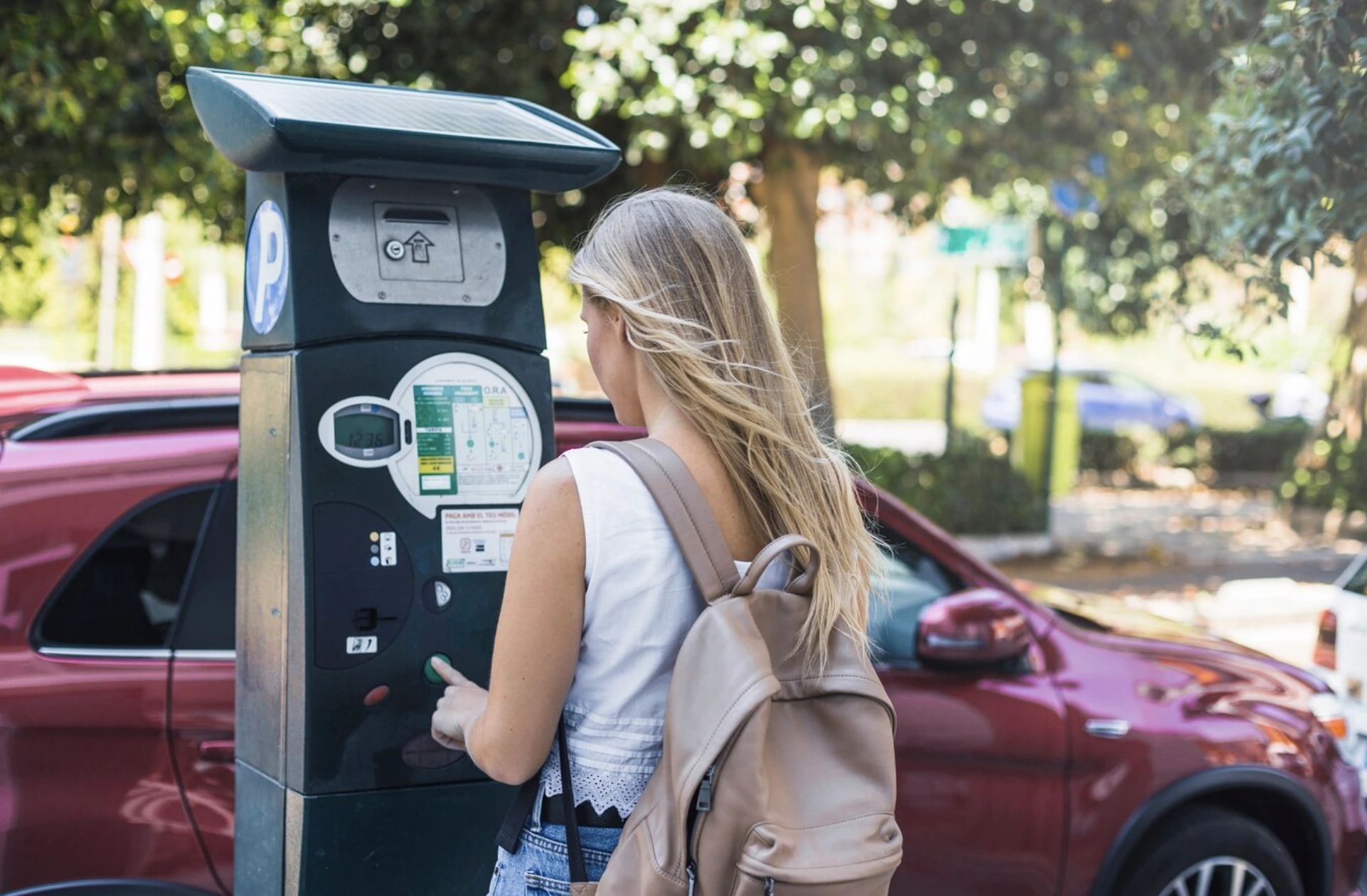
Image by Freepik
Rising QR Code Scams On Parking Meters
Scammers use fake QR codes on parking meters, stealing over $2.3 million from unsuspecting motorists.
In a Rush? Here are the Quick Facts!
- Over 750 QR code scam cases reported in Florida since January 2024.
- Scammers place fake QR codes over legitimate ones on parking meters.
- Miami, Fort Lauderdale, Orlando, and Tampa are hotspots for these scams.
A new wave of scams in Florida is targeting motorists through fake QR codes, combining modern technology with traditional fraud to steal financial and personal information, as reported today by News Break.
Known as the “Park-and-Pay” scam, the scheme involves counterfeit QR codes placed on parking meters and pay-to-park signs, tricking drivers into visiting fraudulent websites that mimic official payment portals, reported News Break.
Since January 2024, over 750 cases have been reported across the state, with financial losses surpassing $2.3 million, according to the Florida Department of Law Enforcement (FDLE). Victims lose an average of $3,100 each, with incidents concentrated in Miami, Fort Lauderdale, Orlando, and Tampa, as reported by News Break.
Scammers execute the fraud by covering legitimate QR codes with fake ones. When drivers scan the codes, they are redirected to convincing but counterfeit websites, said News Break.
Believing they are paying for parking, victims unknowingly share their credit card details, giving criminals direct access to their accounts. In some instances, the sites also install malware, compromising victims’ personal data further, as reported by News Break.
QR codes, widely used for their convenience in accessing websites and payment platforms, have become a tool for sophisticated cybercriminals.
The risks of falling for such scams extend beyond financial loss. Stolen data may be used for unauthorized purchases or identity theft, and malware can further compromise devices, allowing scammers to extract additional information, noted News Break.
Florida’s status as a tourist hub, with heavy foot traffic and frequent use of digital parking systems, makes it an ideal target for this type of crime. Authorities are urging vigilance to prevent further losses, noted News Break.
Drivers are advised to closely inspect QR codes for signs of tampering, such as stickers placed over original codes, and to verify website addresses before entering any information. Using official parking apps, downloaded directly from trusted sources, can help reduce the risk of fraud, said News Break.
Regular monitoring of financial statements is also recommended to catch any unauthorized transactions promptly. Law enforcement encourages anyone encountering suspicious QR codes or suspecting they have been scammed to report the incident, as reported by News Break.
In recent news, Swiss authorities warn of fraudulent MeteoSwiss letters containing malware-laden QR codes, targeting e-banking data. These scams also exploit QR codes’ convenience to steal personal information and spread malware.
Awareness and caution are vital as scammers continue to adapt their tactics.


 Previous Story
Previous Story

 Latest articles
Latest articles 

Leave a Comment
Cancel